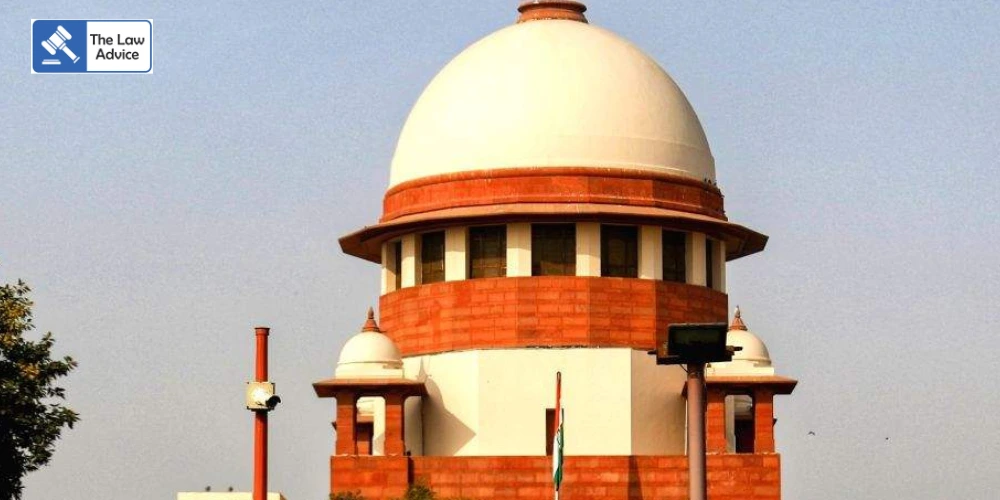
The Supreme Court has ruled that Magistrates possess the authority to direct collection of voice samples not only from accused persons but also from witnesses. It clarified that such samples—be it voice, fingerprints, handwriting, or DNA—are material evidence, not testimonial evidence, and hence do not violate the constitutional protection against self-incrimination under Article 20(3).
A Bench comprising Chief Justice B.R. Gavai and Justice K. Vinod Chandran relied on the 2019 decision in Ritesh Sinha v. State of Uttar Pradesh & Anr., which recognized the Magistrate’s power to order “any person” to provide a voice sample, even in the absence of a specific statutory provision under the Cr.P.C. The Court clarified that the expression “person” extends beyond the accused to include witnesses as well.
“In Ritesh Sinha, this Court consciously used the term ‘a person’, not limiting it to the accused, since the safeguard against self-incrimination applies equally to all individuals—accused or witness,” the bench observed.
The case arose from a 2021 incident involving the suspicious death of a young woman, leading to cross-complaints between her family and in-laws. During investigation, police alleged that a key witness (the 2nd respondent) had threatened another witness. The Investigating Officer sought his voice sample for comparison with recorded conversations, which the Magistrate permitted.
The Calcutta High Court later quashed the order, holding that the issue was pending before a Larger Bench. The Supreme Court, however, set aside the High Court’s ruling, stressing that mere pendency of a reference cannot override an existing Supreme Court precedent.
Justice Chandran, authoring the judgment, reaffirmed that Ritesh Sinha remains binding law until specific provisions are enacted. Notably, Section 349 of the Bharatiya Nagarik Suraksha Sanhita (BNSS) now expressly authorizes Magistrates to direct collection of voice samples.
The Court reiterated that obtaining such samples is not testimonial compulsion but rather physical evidence comparable to fingerprints or DNA. As such, it does not attract Article 20(3). Citing State of Bombay v. Kathi Kalu Oghad (AIR 1961 SC 1808), the bench observed that the act of giving a sample is neutral—it only becomes incriminating if matched with other material evidence.
Accordingly, the Supreme Court allowed the appeal and upheld the Magistrate’s order.
Cause Title: Rahul Agarwal v. State of West Bengal & Anr.
Website designed, developed and maintained by webexy